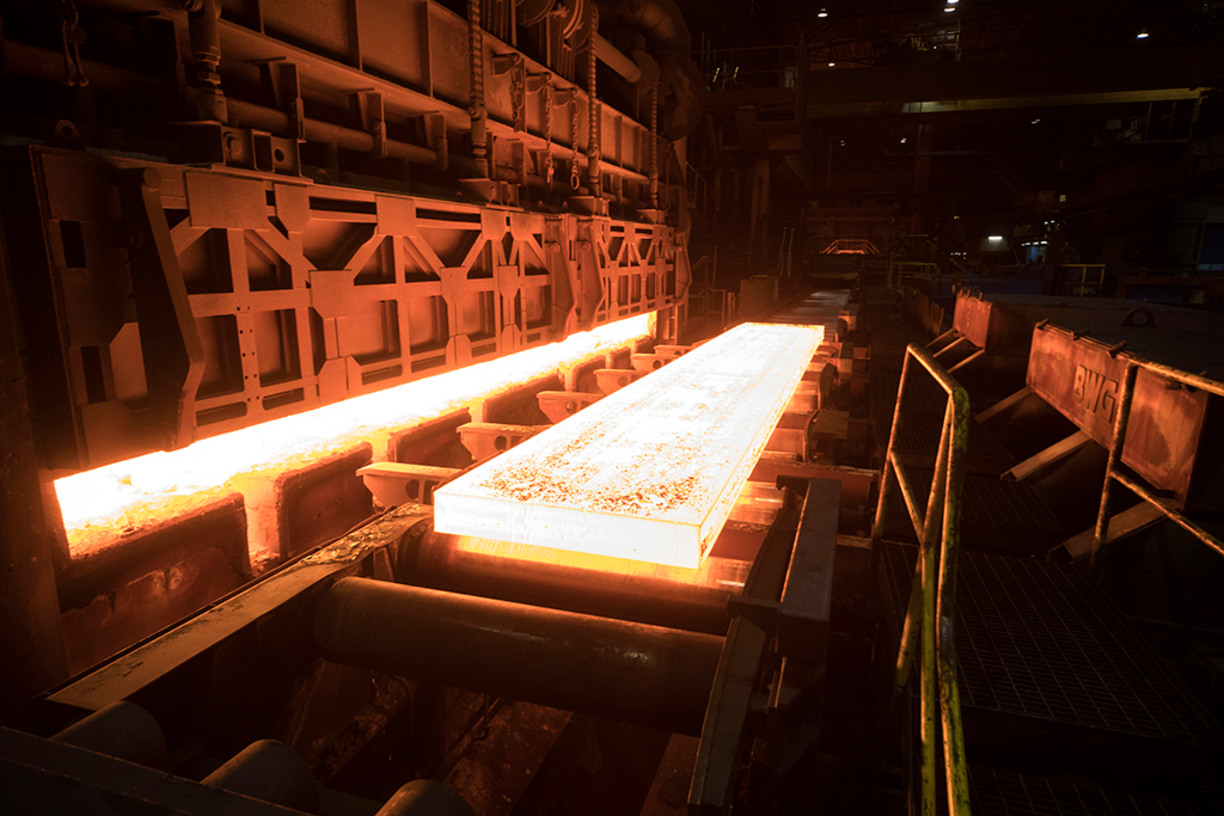
27 February 2023
SEK 46 million for research into fossil-free steel
The biggest research collaboration in Sweden to date between the academic world, institutions, and industry on advanced, fossil-free steel manufacture and production is now starting. This investment, in total 46 million SEK, is intended to accelerate the green transition and the Swedish steel industry’s target of zero carbon dioxide emissions. Luleå University of Technology, the metal research institution Swerim and SSAB are collaborating in this new project.
“We intend to enable a transition to climate-neutral and resource-efficient production and use of steel. Through needs-driven research and collaboration with the steel industry and society at large, Luleå University of Technology is contributing knowledge, tools, and the provision of skills to achieve the climate goals,” says Jens Hardell, professor of MachineEelements at Luleå University of Technology and project manager of the research collaboration.
The research collaboration FINAST, Forskning och innovation i Norrbotten för avancerad grön stålframställning och tillverkning (research and innovation in Norrbotten for advanced green steel production and manufacture) is an inter-disciplinary programme that is financed by the EU Just Transition Fund and the Swedish Agency for Economic and Regional Growth. The collaboration between Luleå University of Technology and Swerim means that around 15 researchers in 9 different research fields will be working together and about ten new doctoral student positions will be established, so as to ensure future cutting-edge expertise in the area. A number of specialists and experts from SSAB will be engaged in the different research projects.
The research efforts are divided into two main parts, the first of which is about properties and performance of fossil-free steel. The aim is to benefit from the added value brought by fossil-free steel. This will include studies of the behaviour and properties of manufacturing processes and when the steel is used in various components by end users who develop new steel products. Researchers will also study how different manufacturing processes affect component properties and the steel’s behaviour when it comes into contact with hydrogen. The second part is about fossil-free steel production with the focus on using hydrogen and bio-based raw materials. An important question is to gain knowledge of how biogenic sources and hydrogen can best be used in future steel production, both in terms of processes and from a societal perspective. Research that increases our knowledge about safety in the use of industrial, hydrogen-based energy systems is also a priority.
Contact
Jens Hardell
- Professor, Head of Division
- 0920-491774
- jens.hardell@ltu.se
- Jens Hardell
Published:
Updated:
